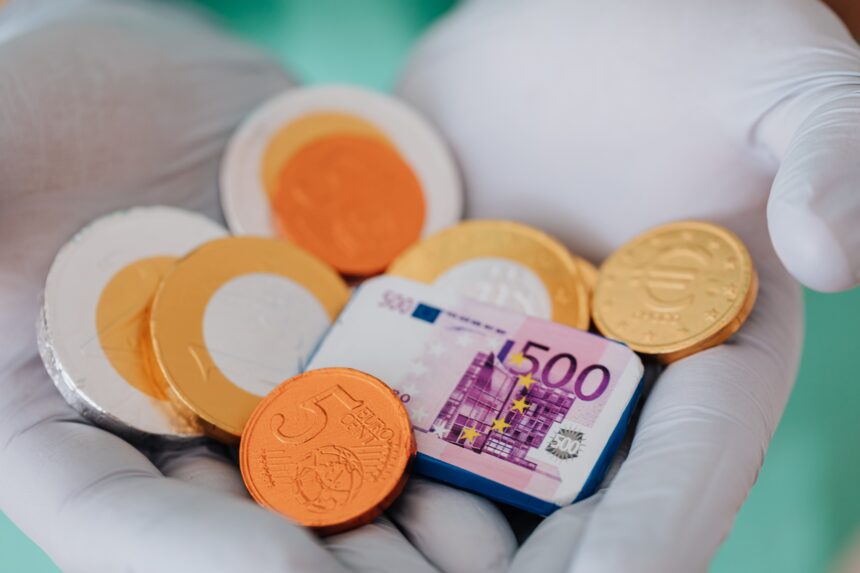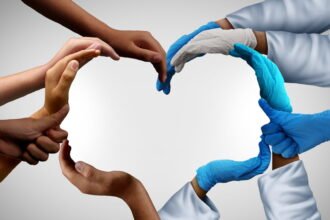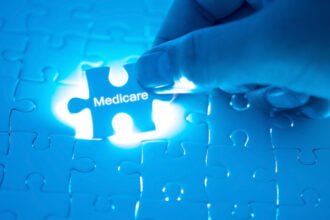A medical scam typically involves a product that claims to prevent, treat, or cure health conditions without being backed up by scientific proof that it is safe or effective used that way. Medical scams can cost money, time, and dignity, preying on us in times of need. Worse, they can cause someone to delay or avoid a true medical diagnosis and care that could make a real, positive difference to their lives.
Medical alert scams are also on the rise. These are cases where a scammer calls a senior to sell a medical alert device. He or she takes personal information from the senior to use it for fraudulent purposes, including identity theft or making unauthorized transactions. The medical alert never arrives, but subsequent unwanted phone calls and undelivered services are typical of this kind of scam.
A medical scam can lead to serious injury or death. They are more than an inconvenience. When medical scams involve products, know that those products are unregulated. Not only will there be no scientific evidence that they work in the manner described, but they also risk obfuscating treatment that could be helpful. This means that they can be genuinely life-threatening.
The Importance of Avoiding Medical Scams
The sad truth is that the products in medical scams can:
- make you sicker
- interfere with your prescribed medication
- encourage you to delay or avoid proper treatment
- contain many ingredients not included on the label
This is all in addition to the time you could lose interacting with the scammer and the cost of purchasing the product and having it delivered. The medical risks are of the most concern, but the financial impact of medical scams should not be ignored.
How to Spot a Medical Scam
Identifying a medical scam and separating it from genuine, tested, effective treatment can save you time, money, and heartache. It can even save lives. Fortunately, like other scams, medical scams use similar techniques and words to manipulate people into parting with their money.
Look out for keywords common to scams
Look out for the following phrases in the marketing associated with the medical product. They do not mean that a product is a scam, but it’s worth knowing that these phrases commonly appear in medical scams.
- Quick cure
- Money-back guarantee
- Unrelated disease fixes
- Scientific breakthrough
Look out for specific medical areas
Some medical areas are more prone to scams than others. If the medical product is in one of the following categories, it could be more likely to be a scam.
- Rapid weight loss
- Sexual performance
- Age-related conditions
Be Aware of Medical Scam Marketing Techniques
Grand claims
Note that medical scammers are not afraid to make grand claims. And they are by no means limited to hair restoring treatments. They often claim to cure or treat cancer, heart disease, HIV, and age-related conditions, including Alzheimer’s. Treating serious conditions and illnesses requires customized care from a physician. Unproven products are no replacement for proper professional care.
Paid testimonials
When it comes to providing an air of respectability, medical scammers frequently do this by bombarding people with various marketing methods. You’ll find medical scam advertising on TV, online, in the mail, and even in person, as scammers will pay actors to say that they used the product and that it was effective.
One of the best ways for potential customers to gauge a product’s effectiveness is through testimonials. Unfortunately, some individuals and companies pay writers to invent testimonials to give their products an air of respectability.
Paid testimonials exist on television, too, in which case companies sometimes employ actors to portray patients and clients.
With the relative anonymity and freedom of creating on the internet, we shouldn’t be surprised by the proliferation of medical scams online. A well-designed website with sharp, stock imagery can look authoritative and convince people that the products they see have been tested and that the results will be positive.
How to Avoid a Medical Scam
To protect yourself from medical scams:
- If you feel that the person who contacted you is a scammer, end the communication right away.
- Use Nuwber to verify the number of the caller. It’s unwise to rely on caller ID because scammers can make other phones display a local number when they call.
- Research the company online. It’s easier than ever to create a professional-looking website with free tools. Look out for signs of unprofessionalism, such as grammar and spelling errors or poor stock photography choices.
- Don’t give any caller personal information if you feel at all uncomfortable. Note that no legitimate business will ask you for your bank account number or social security number.
- Talk to a physician. If a product or treatment is effective, your physician will probably have heard of it. If you are unsure about a product advertised online, ask for professional advice and recommendations.
- Report incidents. By reporting medical scams to the FDA in the US or Action Fraud in the UK, for example, you can protect others from similar scams. You can also report suspicious activity if you are unsure whether or not it is a scam. The more people report incidents, the safer we will all be from medical scams and other fraudulent activities.
Medical scams are a part of life. Sooner or later, you are likely to be confronted by them if you haven’t already. You can’t do much to avoid seeing medical scams, but you can prevent being tricked by them.
Remember to stay alert to the wording of the product and consider buzz words like “cure,” “breakthrough,” and “money-back guarantee” red flags. If the marketer is applying time pressure, suggesting that you must get this product before it becomes scarce or before the reduced price returns to normal, this is also a strong signal that the product may be a scam.
If you are unsure about a drug or other product, talk to your doctor. The history of medical scams tells us that it is always wise to consult with a genuine medical practitioner before using any supposedly medical product you are unsure about.










